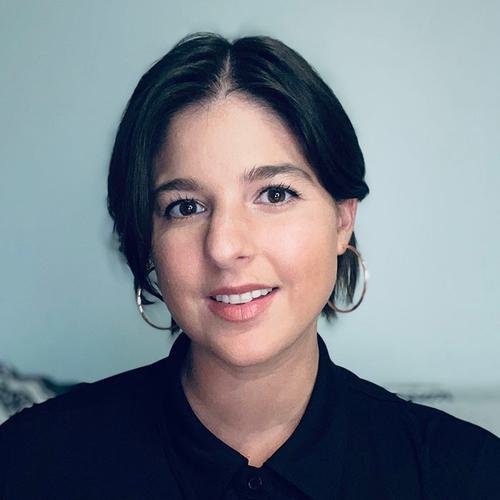
Pamela D'Andrea Martínez
Assistant Professor of Education
Links
Studies intersecting issues of race, immigration, language, and culture in schools and locates transformative education spaces/practices
Pamela D’Andrea Martínez is an assistant professor of education with a research agenda focused on imagining and building anti-oppressive, humanizing, and culturally sustaining education school systems through three lines of inquiry: (1) redefining educational belonging with immigrant youth and Latinx youth; (2) exploring critical and cultural pedagogies; and (3) researching the complexities of race and other social markers at a school systems level. Her dissertation, "Transnational and Immigrant Youth Belonging and Their Entryways to an Anti-Oppressive Education," was a critical ethnographic and collaborative study that captured the dynamics of race, language, culture, and immigration that youth who arrived in the U.S. as teenagers experienced in and out of school and utilized youth perspectives to challenge the existing bewilderment of schools over how to serve recently arrived youth.
At Wellesley, D’Andrea Martínez teaches courses about issues of power in schools and locating the power of youth and schools to be socially transformative. She believes that learning is profoundly connected to being loved, building community, and doing work that matters and is accountable to communities beyond the walls of the College. As such, she co-constructs elements of each course with students to prepare them to take ownership of the essential work of equitable teaching, education policy, and education research. Before coming to Wellesley College, D’Andrea Martínez taught an urban education course at New York University and prior was a Florida public school teacher of high school World Languages and of elementary Dual Language Two-Way Immersion.
In addition to research and teaching, D’Andrea Martinez enjoys working with grassroots organizers, youth, and educators on transformative education projects. As part of her work at the NYU Metropolitan Center for Research on Equity and the Transformation of Schools (NYU Metro Center), she designed and conducted professional learning workshops for in-service and pre-service teachers and school and district administrators on centering multilingual learners in school-wide and instructional culturally sustaining work. She remains a faculty affiliate of the NYU Metro Center for work in the areas of urban education, bilingual education, immigration, critical and cultural pedagogies, and other intersectional issues.
Education
- B.A., University of Florida
- M.A., New York University
- M.Phil, New York University
- Ph.D., New York University